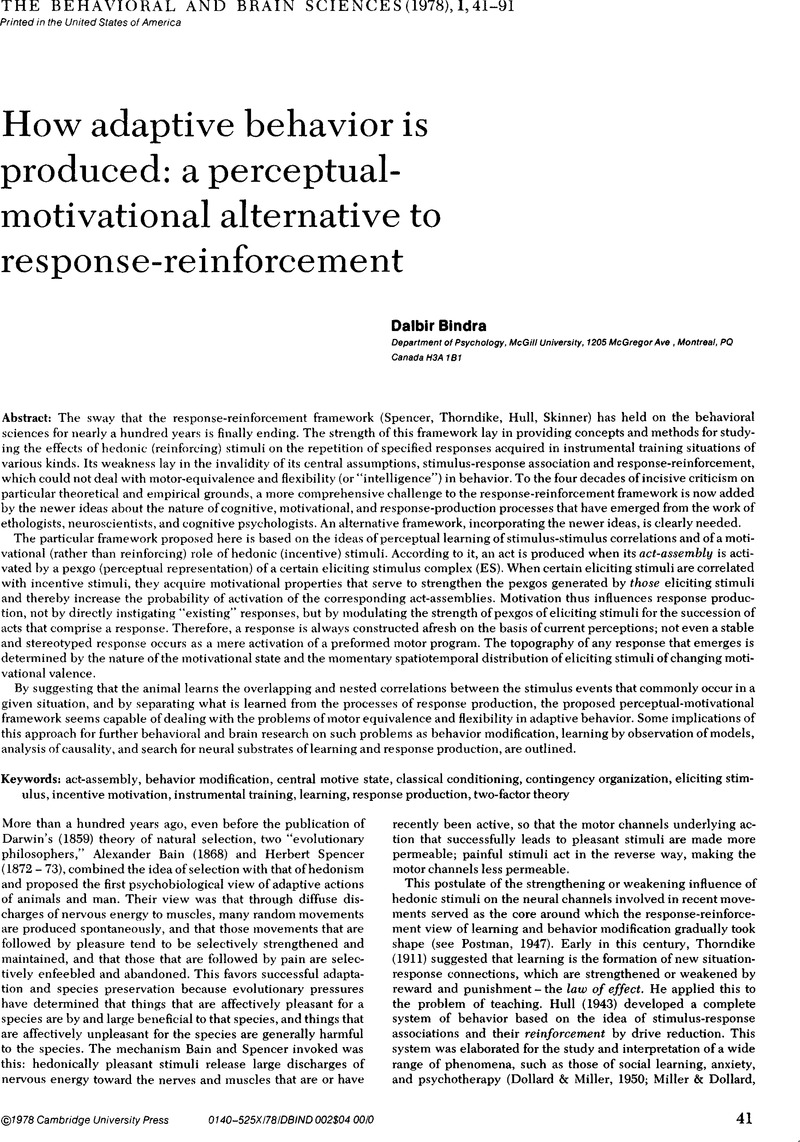Crossref Citations
This article has been cited by the following publications. This list is generated based on data provided by Crossref.
Toates, F.M.
1981.
The Control of Ingestive Behaviour by Internal and External Stimuli—A Theoretical Review.
Appetite,
Vol. 2,
Issue. 1,
p.
35.



